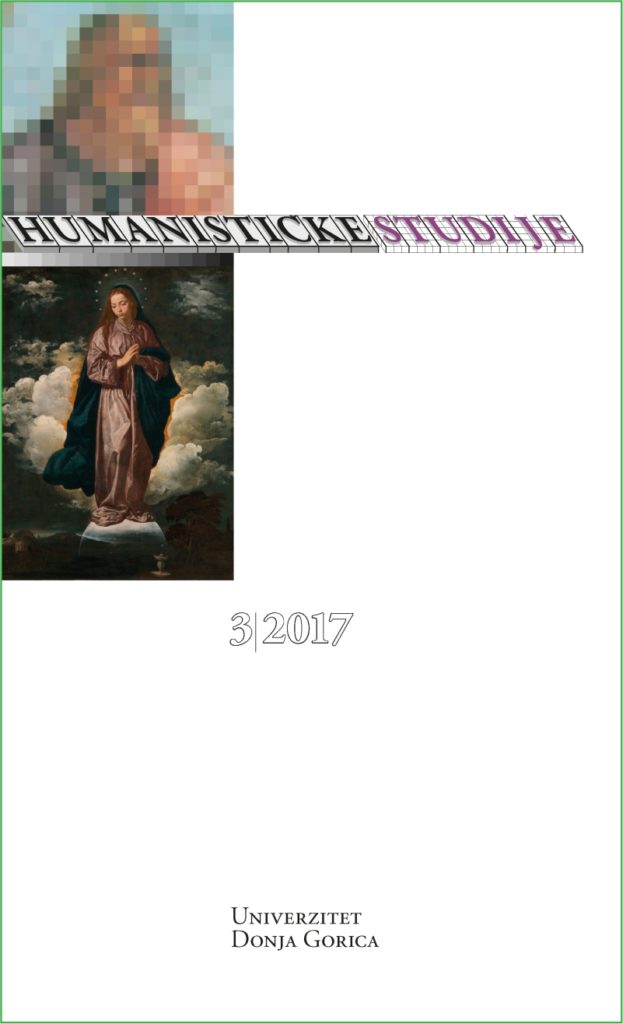Šta je novo u savremenom evropskom orijentalizmu? Jedan teorijski ekskurs o (pre)naglašavanju nasleđa Ibn Halduna u savremenoj socijalnoj misli
What’s new in modern European Orientalism?
One theoretical excursion about overstating — the heritage of Ibn Khaldun in modern social thought
Author(s): Nataša Jovanović AjzenhamerSubject(s): Politics / Political Sciences, Politics, Anthropology, Social Sciences, Politics and Identity
Published by: Univerzitet Donja Gorica
Keywords: Orientalism; post 9/11 world; Ibn Khaldun; Islam; the history of political theories
Summary/Abstract: The definition of Orientalism given by Edward Said is widely set and implies stereotypes about the Orient and with an affirmative and pejorative connotation. In order for this theoretical framework to be more applicative, it is necessary to first analyze analytically the views that look at the Orient with a positive or negative perspective. Said shaped his theory in the seventies of the twentieth century at a time when Islamic Others was not primarily a negative otherness for the West. In the post 9/11 world, the situation is different, and in this paper we examine what the new elements of neo-orientalism are. A special emphasis was put on the contemporary tendency towards the islamology of knowledge, ie, towards overtstating the significance of the theoretical legacy from the pen of Muslim authors. As an illustration of apologetic Orientalism, we will use the analysis of the works of the medieval Tunisian thinker Ibn Khaldun.
Journal: Humanističke studije
- Issue Year: 2017
- Issue No: 3
- Page Range: 97-113
- Page Count: 17
- Language: Serbian

